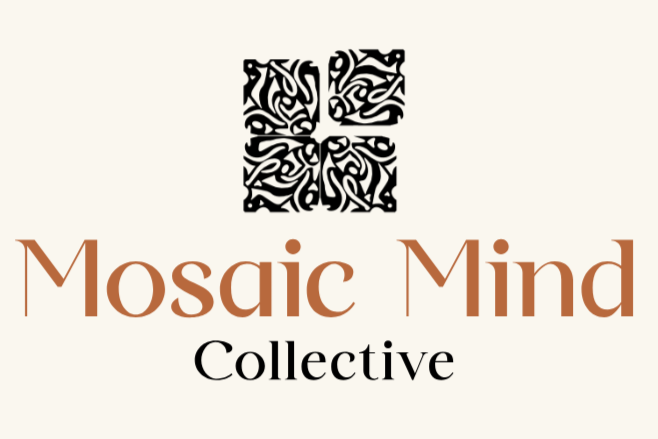-
Areas of Expertise
Mood disorders
Grief and loss
Trauma and complex trauma
Identity concerns and intersectional identities
Multicultural concerns
Life transitions and adjustments
Interpersonal relationships and family dynamics
Women’s issues
-
Therapy Modalities
Psychodynamic Therapy
Family Systems Therapy
Cognitive Behavioral Therapy
Dialectical Behavioral Therapy
Acceptance and Commitment Therapy
Motivational Interviewing
Clinical Interests & Specialties
Therapy for BIPOC, Latinx, and APIDA Communities
(Black, Indigenous, and People of Color (BIPOC), Latinx, and Asian, Pacific Islander, Desi American (APIDA))
If you are a member of the BIPOC, Latinx, or APIDA community, you likely experience the weight of cultural expectations, intergenerational narratives, and systemic stressors. Whether it is navigating family pressures, code-switching in different spaces, or processing racial trauma, these experiences can be isolating, frustration, and overwhelming. You do not have to go through it alone.
In therapy, we will create a space where you can safely explore your identity, experiences, and emotions without judgment. Together, we will work through the challenges of belonging, self-acceptance, and healing from racial stress and trauma. Our work will focus on strengthening your sense of self, developing coping strategies that honor your lived experience, and fostering empowerment as you move forward.
Therapy for Biracial and Multiracial Individuals
Navigating multiple racial and cultural identities can be a rich yet complex experience. You may find yourself feeling like you do not fully belong in any one community or that others impose expectations on how you should identify. Experiences of microaggressions, colorism, or the pressure to conform to one identity can also lead to feelings of isolation, self-doubt, or internal conflict.
Therapy offers a space to explore your identity without external expectations or the need to fit into a specific category. Together, we will work toward strengthening your sense of self, deepening your understanding of your cultural experiences, and developing strategies to manage the complexities that come with existing in multiple worlds. Being biracial or multiracial also comes with unique strengths, such as adaptability, empathy, and the ability to bridge diverse cultures and perspectives. Therapy can help you recognize and embrace these strengths, fostering self-acceptance and confidence as you move through the world.
Neurodiversity-Affirming Therapy (NAT)
Living with neurological differences such as autism, ADHD, dyslexia, or other variations can present unique challenges. Traditional therapy approaches often focus on "fixing" or "masking" atypical behaviors. Neurodiversity-affirming therapy (NAT) challenges this by rejecting the idea that one's neurology needs to be changed and instead celebrates individuality. NAT also addresses the phenomenon of "masking," where individuals suppress their true selves to fit in or avoid judgement, which can be exhausting and damaging to their self-esteem.
NAT is personalized and strengths-based. It acknowledges the specific hurdles you may face—such as sensory sensitivities, executive function difficulties, or social interaction challenges—while also helping you identify and build on the strengths that come with neurodivergence. Whether it's fostering better relationships, finding support in your community, or simply learning to embrace your unique self, NAT empowers you to live authentically and confidently.
Therapy for Chronic Pain and Illness
Living with chronic pain or illness, such as migraines, PCOS, autoimmune disorders, diabetes, or epilepsy can be incredibly challenging, often leading to mental health struggles such as depression, anxiety, and isolation. Chronic conditions can leave you feeling limited in your daily life and may create a sense of helplessness or frustration. Fatigue, pain, and a lack of motivation are common experiences, and these can often mimic mental health symptoms, making it hard to separate physical struggles from emotional ones.
Therapy for chronic pain and illness provides support in managing both the emotional and practical challenges of living with a long-term condition. It helps you develop coping strategies, integrate your illness into your life without allowing it to define you, and engage in meaningful activities. Therapy also works to reduce anxiety, strengthen social connections, and create a safe space to process emotions, medical trauma, and concerns about treatments or appointments. By focusing on your emotional well-being, therapy empowers you to live a more fulfilling and empowered life despite the ongoing challenges you face.





